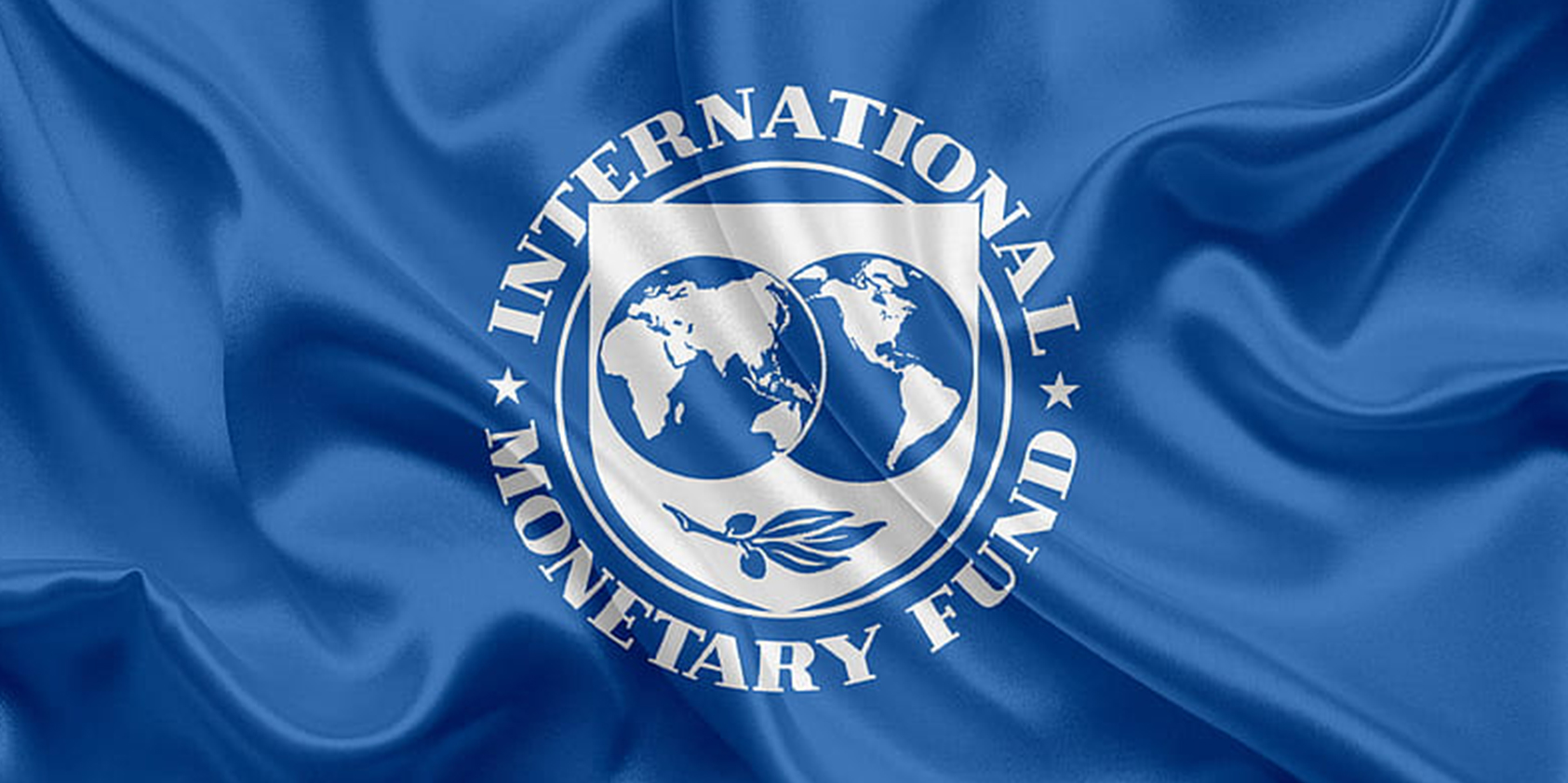A recent assessment by the International Monetary Fund (IMF) confirms that Djibouti’s economy is on a robust growth trajectory, supported by Ethiopia’s expanding market and increased transshipment activity amid tensions in the Red Sea.
The evaluation, released after the IMF Executive Board completed the Article IV consultation on Thursday evening, noted that the moderate inflation environment in the East African nation provides a stable foundation for ongoing economic expansion. The report indicated that after a period of fiscal overruns, Djibouti’s fiscal and foreign reserve positions improved in 2024.
The IMF praised the authorities for their commitment to macroeconomic stability, debt sustainability, and economic diversification, which aim to enhance job creation in a challenging global climate.
“Djibouti’s recent and foreseeable growth remains steady, with moderate inflation, supported by Ethiopia’s expansive market and strong transshipment amid Red Sea tensions,” the report stated.
The IMF identified the reduction of public debt and the rebuilding of reserves as key priorities, achievable through ongoing debt negotiations and prudent fiscal management. It acknowledged that while government revenues are limited relative to development and debt service needs, several state-owned enterprises (SOEs) are performing robustly.
Despite regional conflicts, economic growth is strong. GDP growth is estimated to have exceeded 6.5 percent in 2024, driven by increased port activity and strong performance in the construction, commerce, telecommunications, and tourism sectors. Growth is expected to remain strong at about 6 percent in 2025 before stabilizing near 5.5 percent in the medium term, largely fueled by Ethiopia’s strong demand for port services.
The report forecasts a favorable trend for Djibouti’s public debt. After a debt-to-GDP ratio of 71.4 percent in 2021, which decreased to an estimated 69.6 percent in 2024, the ratio is projected to decline to 64 percent this year and drop below 50 percent by 2027.
The Board recognized that logistics investments over the past decade have driven growth and economic transformation but have also increased external debt, limiting fiscal space for development needs.
The assessment pointed out external risks, including heightened instability in the Horn of Africa, which could lead to increased migration and strain social services. Other challenges include reduced development aid, new competition from nearby ports, and global policy shifts that might impact the exchange rate and inflation.
To mitigate these risks, the IMF recommended that Djibouti restore debt sustainability and rebuild reserves through a combination of fiscal consolidation, SOE reform, and debt negotiations. “Clearing all arrears and finalizing debt negotiations is essential to restore debt sustainability, along with the containment of public and publicly guaranteed debt,” the report concluded.



